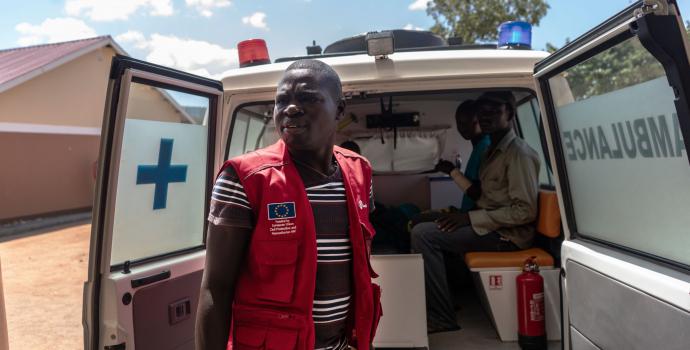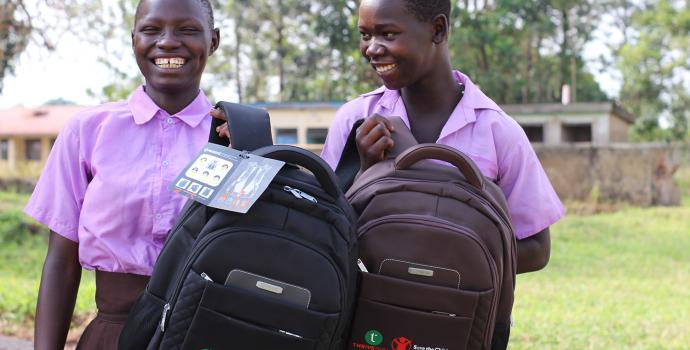NGOs welcome launch of Uganda's new health plan for the refugee response

Endorsed by: Action Against Hunger, Care International, Catholic Relief Services, Danish Refugee Council, Humanity and Inclusion, International Rescue Committee, Medical Team International, Oxfam, Plan International, Relief International, and Save the Children.
Today’s launch of Uganda’s Health Sector Integrated Refugee Response Plan (HSIRRP) creates an opportunity to ensure equitable and well-coordinated access to health services for refugees and host communities. The plan confirms Uganda’s lead role in implementing the Comprehensive Refugee Response Framework (CRRF), translating Uganda’s commitment to the New York Declaration on Refugees and Migrants 2016 and the Global Compact on Refugees that urges society to stand in solidarity with refugees and share the burden of mass forced human displacement.
The plan represents an important step forward for the health sector in Uganda. It envisions “a healthy and productive refugee and host community population that contributes to economic growth, national development and harmonious co-existence.” Its goal is “A coordinated, integrated and District led provision of health services for Refugee and Host Communities.”
We commend the three objectives laid out in the plan:
- To increase equitable access to and utilization of quality health services for refugee and host communities.
- To mobilize and manage health resources towards building a resilient health system to cope with the increased demand on health services.
- To strengthen governance, coordination, leadership and management of the integrated refugee health response.
We commit to align our activities with the plan. We also emphasize how vital it will be for the international community to follow through and uphold their commitment to the New York Declaration for Refugees and Migrants, and the Global Compact on Refugees. We call on all stakeholders to take note of the following important next steps:
- Donor support for this plan will be critical, both in terms of improved tracking of already existing funds and alignment of all supported activities with the plan, as well as through provision of additional resources.
- While the plan addresses the minimum health care package, there is need for more emphasis to be placed on often under resourced interventions such as mental health, non-communicable diseases, tertiary specialized care, nutrition, and sexual and reproductive health services for adolescents and youth.
We look forward to a successful implementation of the Health Sector Integrated Refugee Response Plan with the promise of developing a resilient and sustainable health system for responding to the current and future health needs of refugees and host communities in Uganda.




